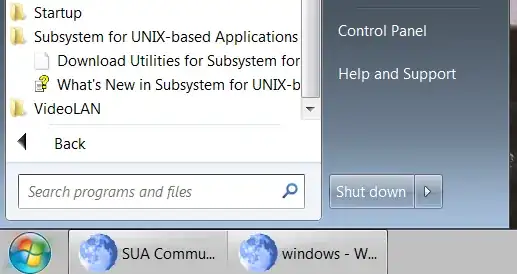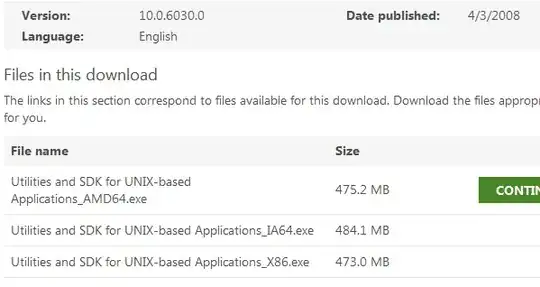Both Interix and Cygwin appear to provide a Unix-like user environment in Windows. What are the practical differences between the two, in terms of, for example:
- Unix-like "feel"
- Performance
- Package availability/ease in compiling random software downloaded from the internet
- Integration with Windows applications and tools
- Integration/compatibility with virtual machines (e.g. is it possible for Interix and an Ubuntu virtual machine to share the same "home directory")
- Size of user base/level of community support
One difference I am aware of is that Interix requires Windows 7 Enterprise or Ultimate edition; Cygwin will run on anything.


